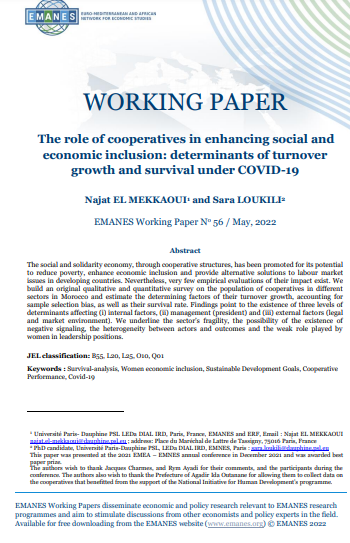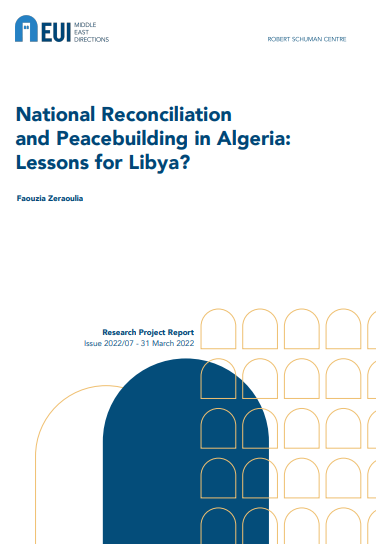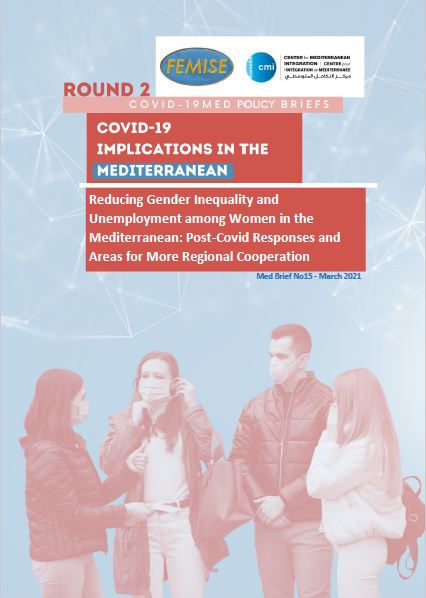EMANES Working Paper No 56: The role of cooperatives in enhancing social and economic inclusion: determinants of turnover growth and survival under COVID-19

The social and solidarity economy, through cooperative structures, has been promoted for its potential to reduce poverty, enhance economic inclusion and provide alternative solutions to labour market issues in developing countries. Nevertheless, very few empirical evaluations of their impact exist.
The paper builds an original qualitative and quantitative survey on the population of cooperatives in different sectors in Morocco and estimates the determining factors of their turnover growth, accounting for sample selection bias, as well as their survival rate.
EMANES Working Paper No 56: The role of cooperatives in enhancing social and economic inclusion: determinants of turnover growth
Thematics
Sustainable Development
Related Publications
Latest Publications

Opinion Poll 2025 – Tunisia

Opinion Poll 2025 – Syria

Opinion Poll 2025 – Palestine
Newsletter
Subscribe to receive our latest updates
News alerts
Personalise your news alerts subscription
© This project is funded by the European Union, 2026
The information on this site is subject to a
disclaimer
and protection of
personal data .





























 Syria
Syria 



